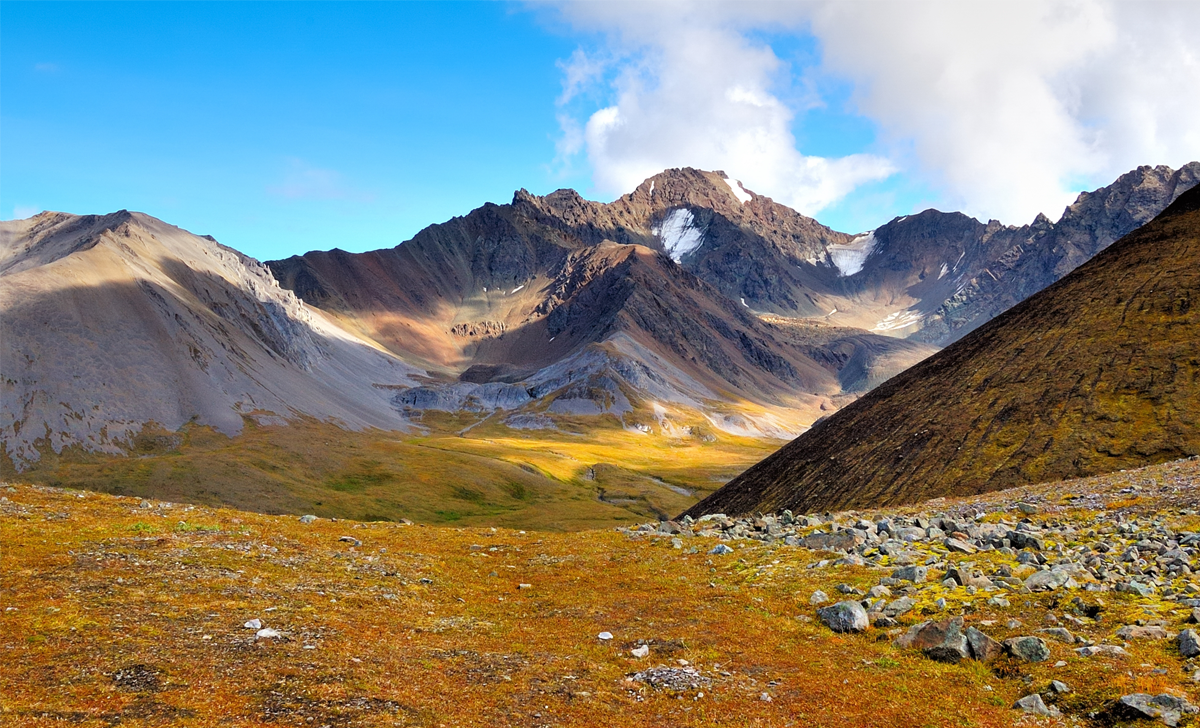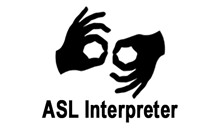
The wilderness is not a theme park. It’s the rough and tumble of natural survival where plants and animals consume one another with little prejudice or emotion. The lions don’t hate the antelope they catch behind the herd; it’s just what’s on the menu. The ravens don’t have an opinion about the carcass they pick over; it’s just available.
Many of us learned at a young age that the Almighty rules over the world and everything in it, and as we grew up, we may have also adopted the idea that the natural world is a peaceful place, a harmonious haven with only a little bit of suffering. That‘s what the mystics tell us: if men would learn to live together in peace, we would barely have any suffering at all. But that isn’t the picture God calls Job to consider when answering him. The Almighty describes to him a brutal, disordered wilderness as being His own - God's wilderness.
If you read Job 38-39 on your way through the rest of the Bible, you would be excused for summarizing it as God saying not to worry because He’s got everything under His control. The sea, the weather, the beasts - it's all in His hands. But these chapters say far more than that. God is asking us to see that He handles wild beasts in their wildness, not taming them or muting their danger.
Who feeds the lions and ravens “when its young ones cry to God for help?” (Job 38.39-41). God provides the slower zebras and antelopes to feed both the big cats and the birds who pick a carcass clean.
God attends to the birth of those crazy goats that run up mountain sides. These ornery things are dangerously strong and fearless, climbing the unclimbable, but here God speaks of them as if they were His domesticated flock in the fields (Job 39.1-4).
Speaking of which, donkeys and oxen are domesticated animals, but God asks if we would be so foolish as to find a wild one and try to train it to work for us. A wild donkey wouldn’t pull a cart for us. A wild ox wouldn’t submit to a yoke or a stable. Either of these could kill us as soon as they felt the urge.
Consider the horse and hawk - both marvelously strong and brave in ways we’re more comfortable with - but we mustn’t forget that a horse “laughs at fear and is not dismayed; he does not turn back from the sword” (Job 39.22) and a hawk sees his prey at a great distance.
The Lord also mentions the ostrich, which on average can outrun a horse, has wings she can’t use to fly, and isn’t right in the head. Of all the animals, the ostrich seems to be the most irrationally wild.
These verses describe beasts in the wilderness as being caught in tension between predation and starvation, using their God-given strength for wild and brutal living. All of it is of the Almighty, which for us can be both scary and comforting.
What are the wild, disordered things we worry about? What wilderness do we wish would be tamed and made safe? Of course, the God who appeared to Job out of the wild, whirling wind may bring order to it - praise His name! But often He does not. He lets the dangerous wilderness persist for His own reasons. While I continue to pray the Lord would settle a great peace over various local and world troubles, I also try to remember our Lord doesn’t ignore these things. The wilderness is God’s wilderness, just as Martin Luther said the Devil is God’s devil. It is limited, managed, even shepherded for His own glory.
Phil Wade, Deacon







